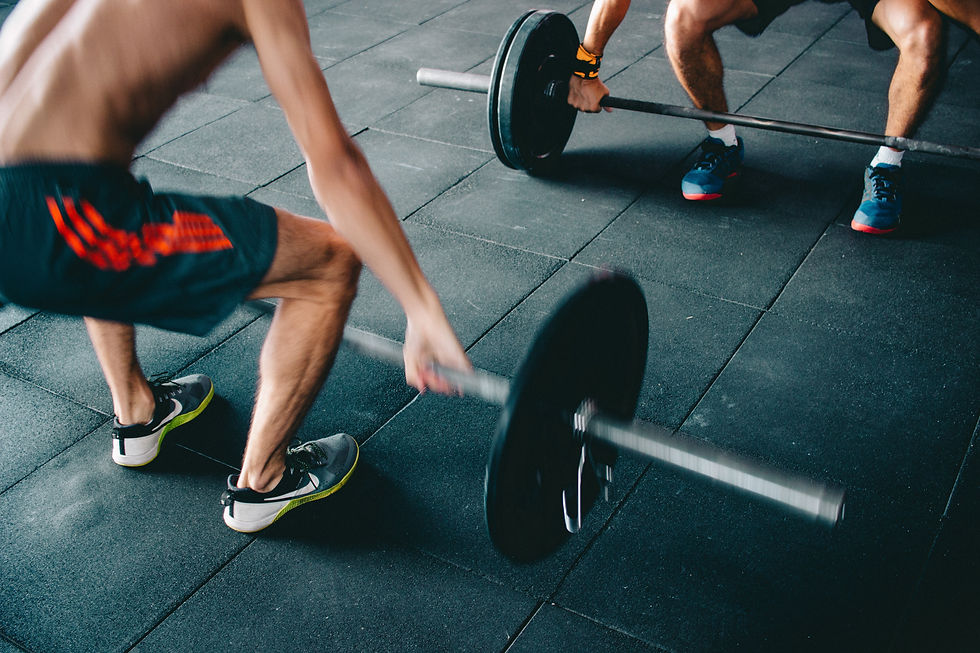The Best Time of Day to Exercise: Timing, Science, and Personal Preferences
- Alexandra Castillo
- Aug 29, 2023
- 3 min read
Updated: Apr 29, 2025

When it comes to exercising, one common question is, "When is the best time to work out?" The answer may be more complex than a one-size-fits-all solution. While there is scientific evidence supporting the benefits of working out at particular times, the best workout often boils down to the one you actually do. In this article, we'll explore the factors influencing the optimal time to exercise, including individual considerations like sleep, nutrition, intensity, and specific health conditions.
1. The Workout You Do vs. The Ideal Time
Before diving into specific research findings, it's essential to emphasize that the best workout is the one you do, not the one you hoped to do at a "perfect" time. Consistency and personal preference often overshadow any marginal benefits gained from exercising at specific times.
2. Sleep, Nutrition, and Intensity: Paramount Factors
Sleep
Quality sleep is vital for exercise performance and recovery. Lack of rest may hinder your ability to exercise at any time of day.
Nutrition
Proper fueling before a workout, regardless of when it happens, can maximize performance and recovery. Eating a balanced meal or snack before exercise ensures you have the energy to perform your best.
Intensity
The intensity of the session aligns with your goals, whether it's fat loss, muscle gain, or endurance training. Aligning your workouts with your objectives often matters more than the time of day.
High Cortisol Conditions
For individuals with high cortisol or other specific health conditions, the time of day may have more significant effects. Consulting with healthcare professionals is advisable in these cases to tailor a regimen that suits your needs.
Enjoying this so far?
Choose your next step:
3. Evening Workouts: Improved Reaction Times and Mental Acuity
Research has shown that some people may experience better reaction times and mental sharpness during evening workouts. Body temperature tends to be higher, which might contribute to improved muscle function and reduced injury risk. There is also less cortisol in the evening but for males especially more testosterone between 3-5pm.
4. Early Morning Workouts: Boost Productivity
Early morning exercise can set a positive tone for the day, boosting productivity and mental focus. Studies have shown that working out in the morning can enhance mood and cognitive function throughout the day.
5. Scientific Findings: Individual Variability
It's worth noting that research on the best time to exercise often shows mixed results, and individual variability plays a significant role. Some studies suggest strength gains might be higher in the evening, while others show no substantial difference between morning and evening workouts.
Conclusion: Personalize Your Approach
The best time to exercise is highly individual and depends on personal preferences, lifestyle, and specific health considerations. While scientific research provides insights into potential benefits of morning or evening workouts, the most crucial factor is finding a routine that fits your life.
Remember, the workout you do is always better than the one you hoped to do at a "perfect" time. Prioritize sleep, nutrition, and intensity tailored to your goals, and consult healthcare professionals if specific conditions like high cortisol levels are a concern.
In the end, the most effective workout routine is the one you can stick to consistently, aligning with your unique needs and preferences. By doing so, you set the stage for success, better health, and overall well-being. If you're struggling, reach out and let me help :)



Comments